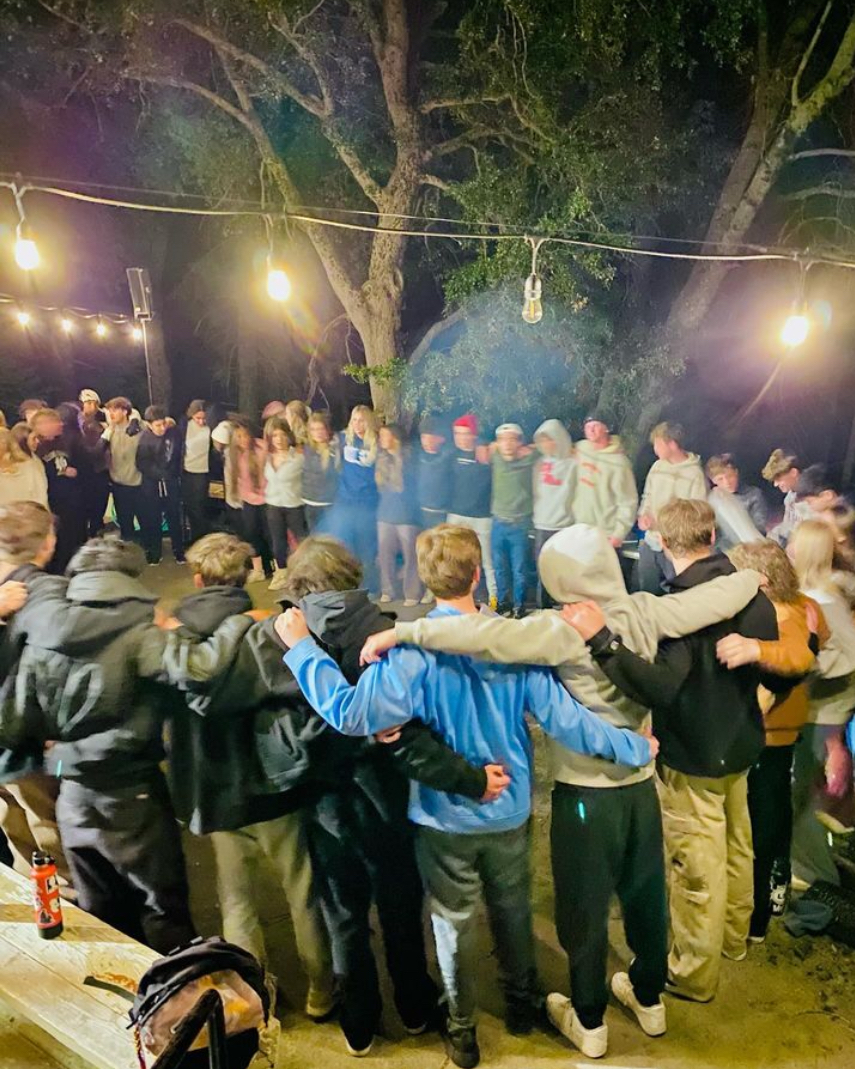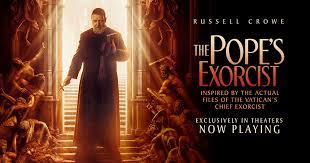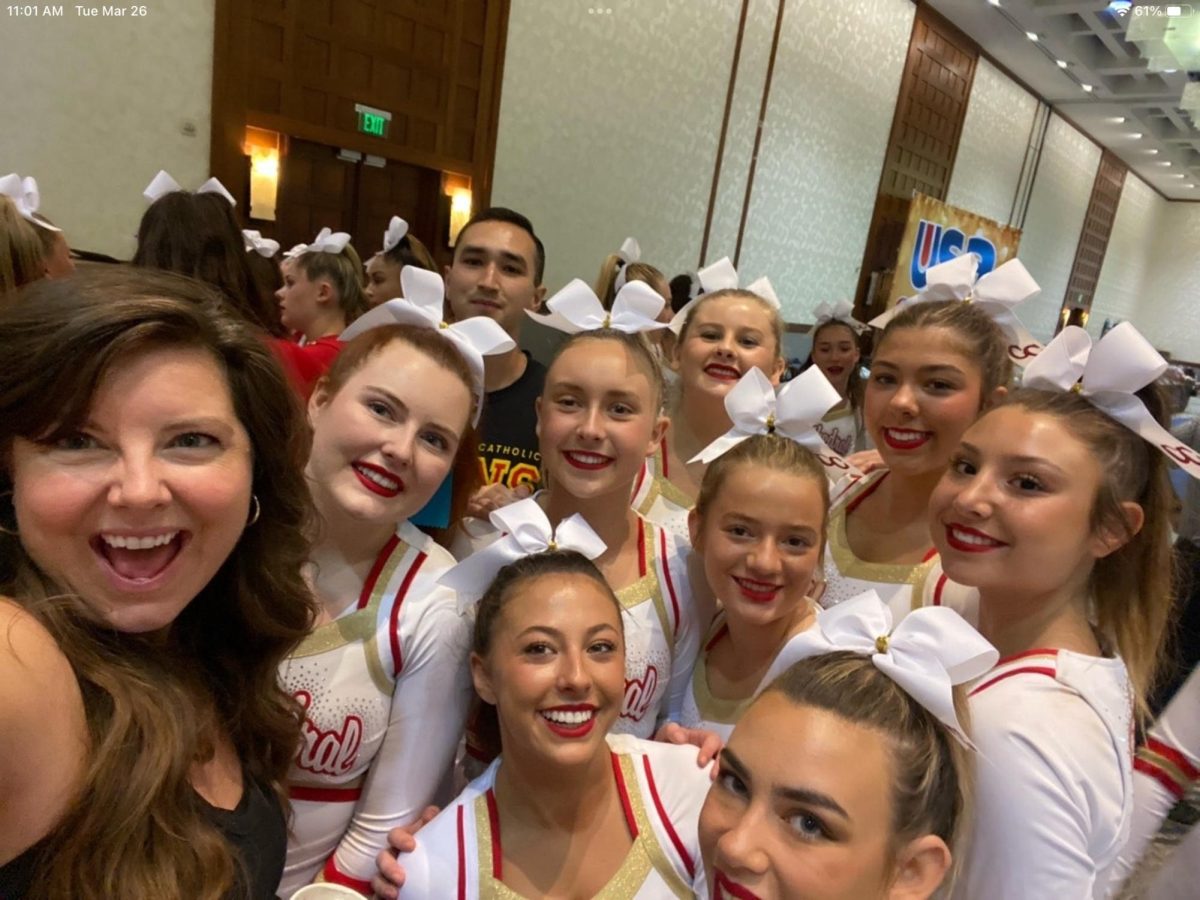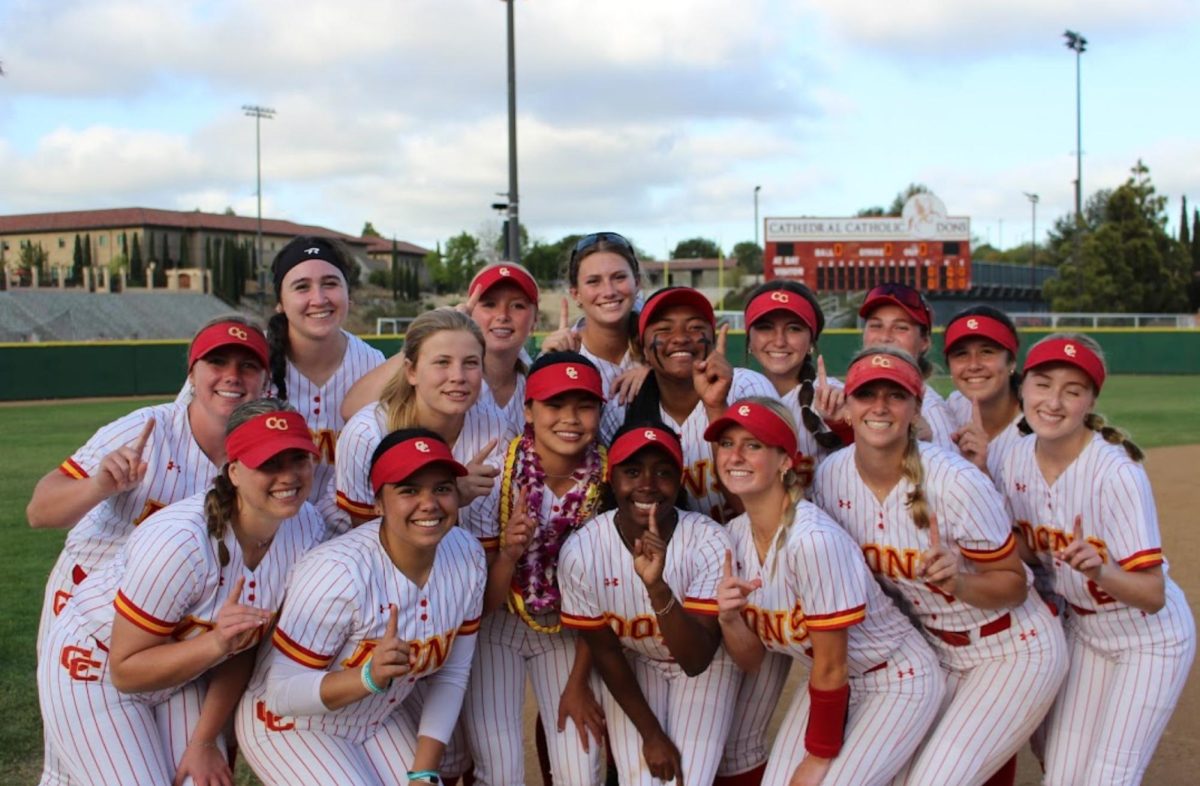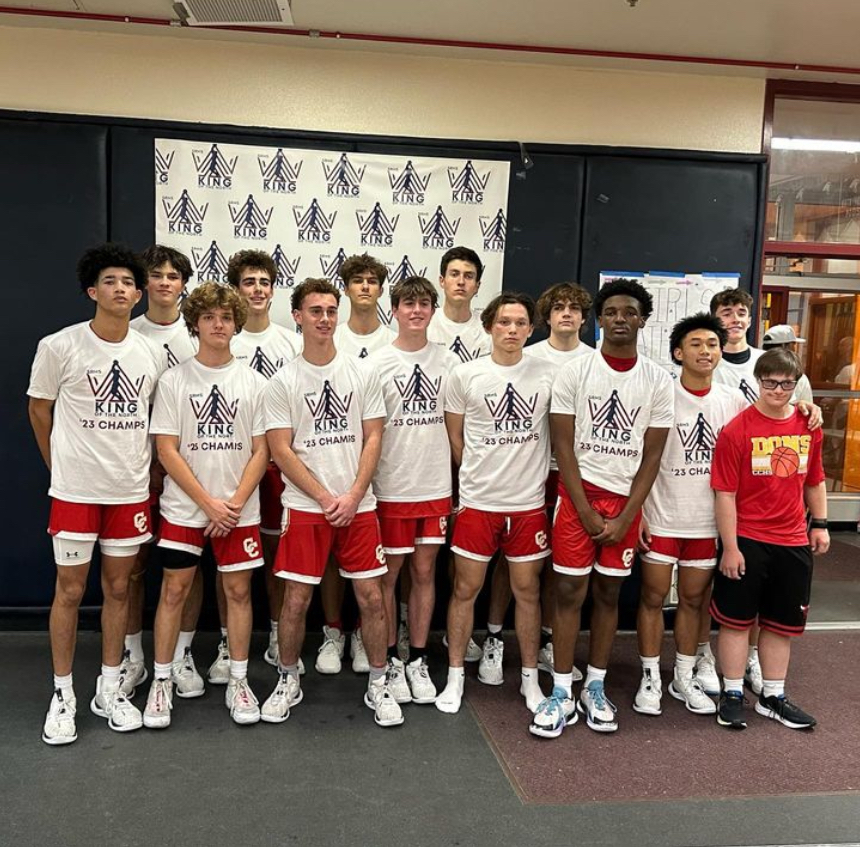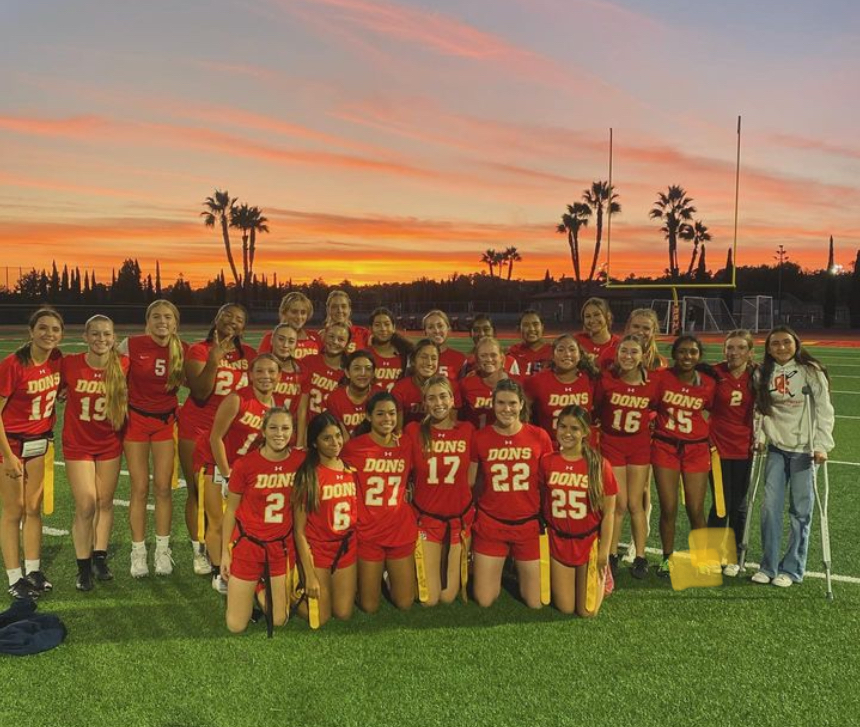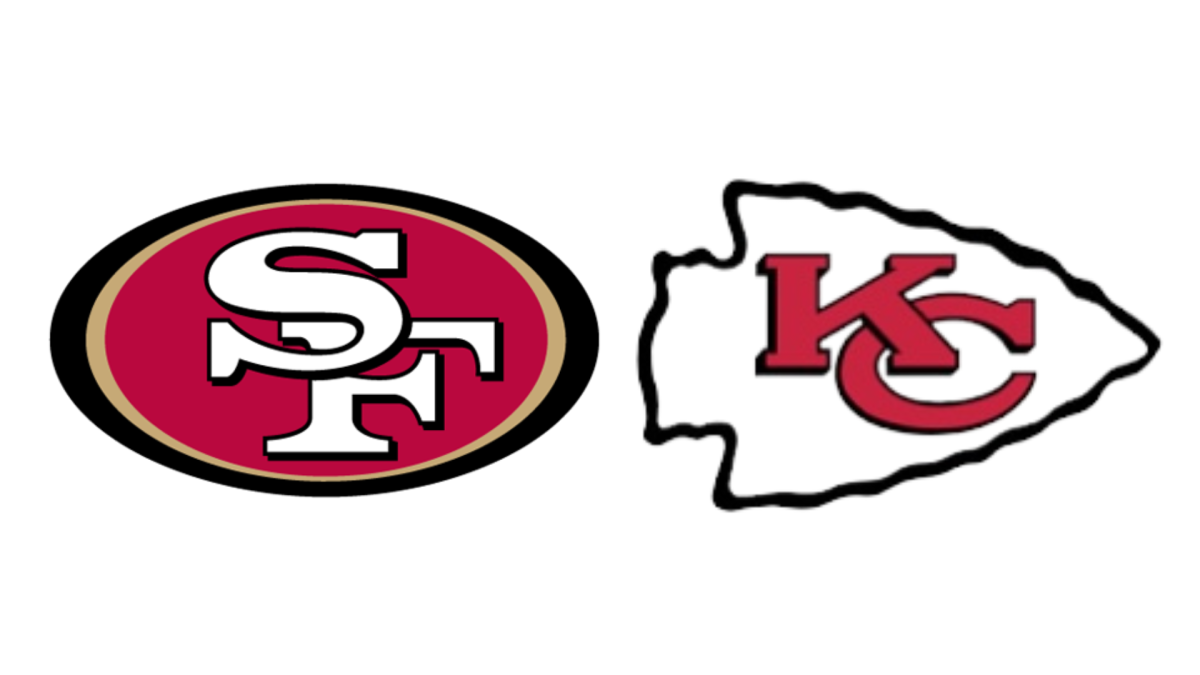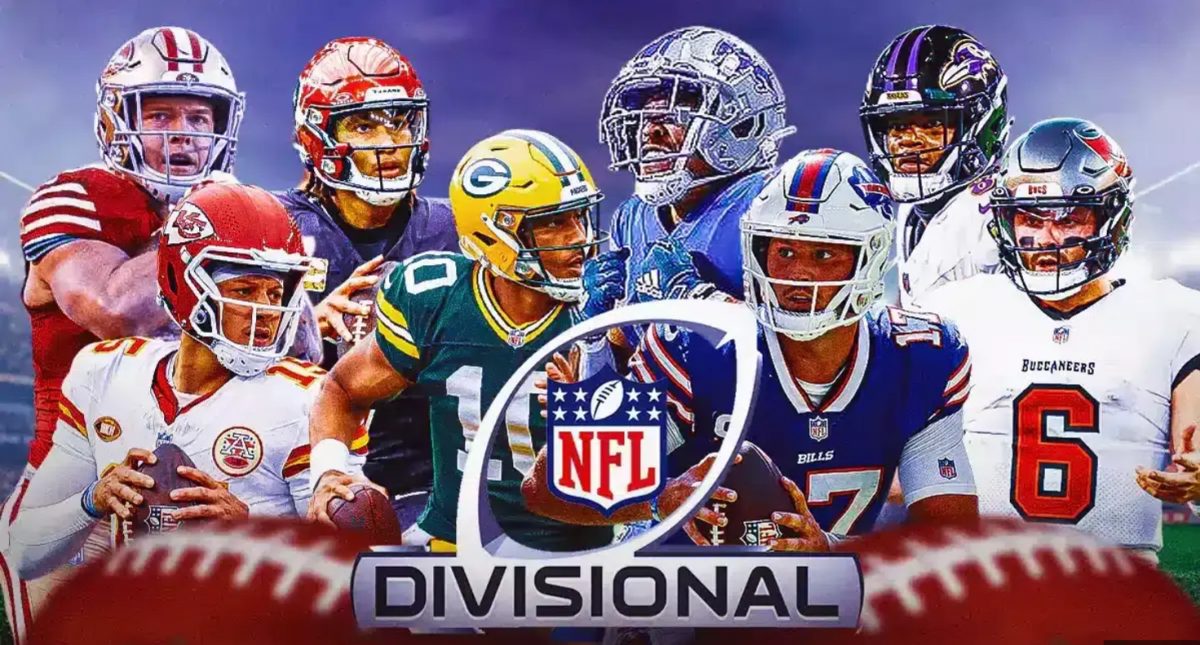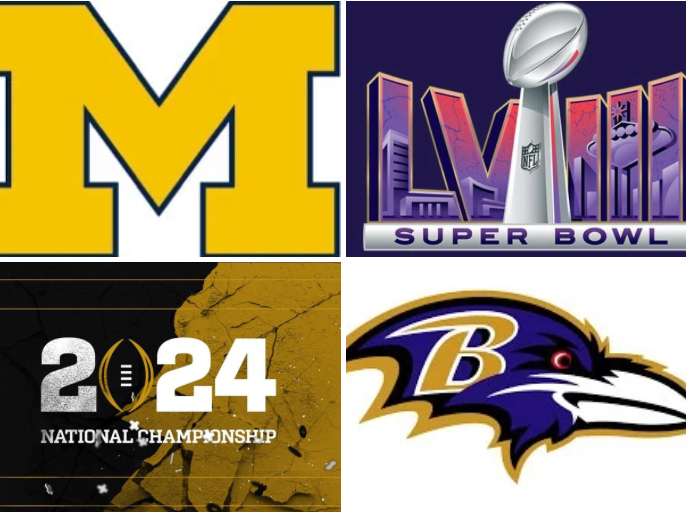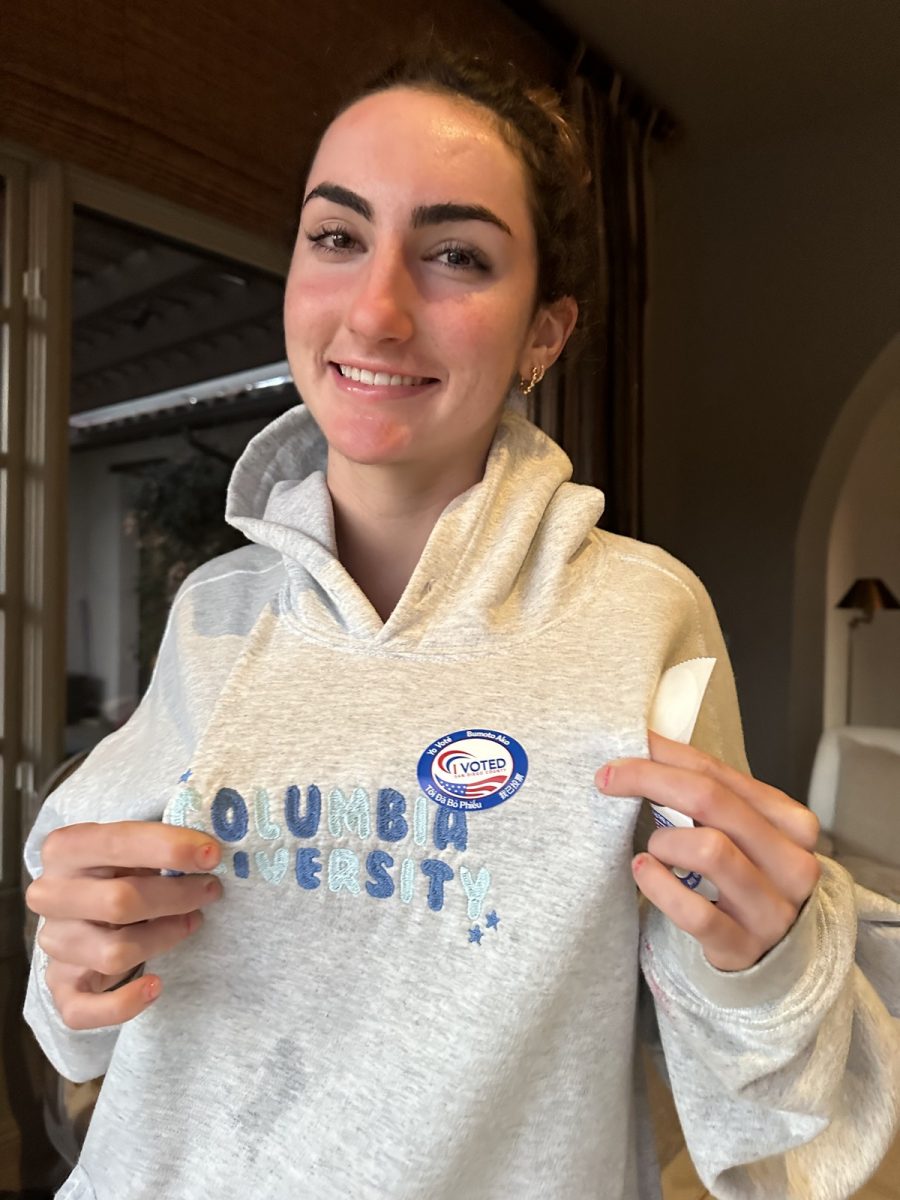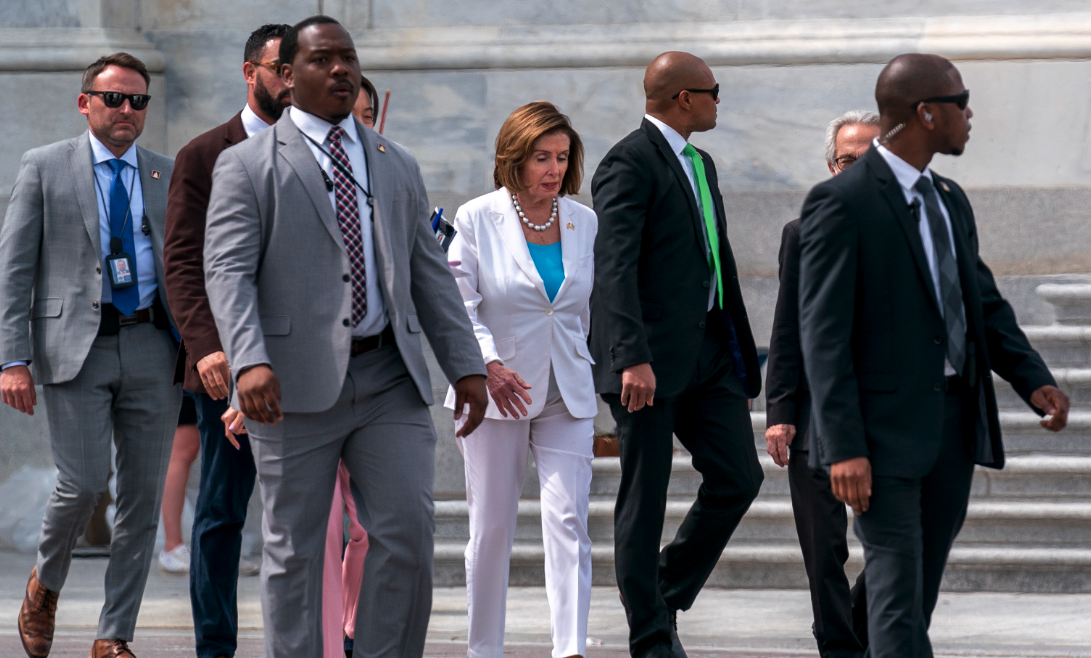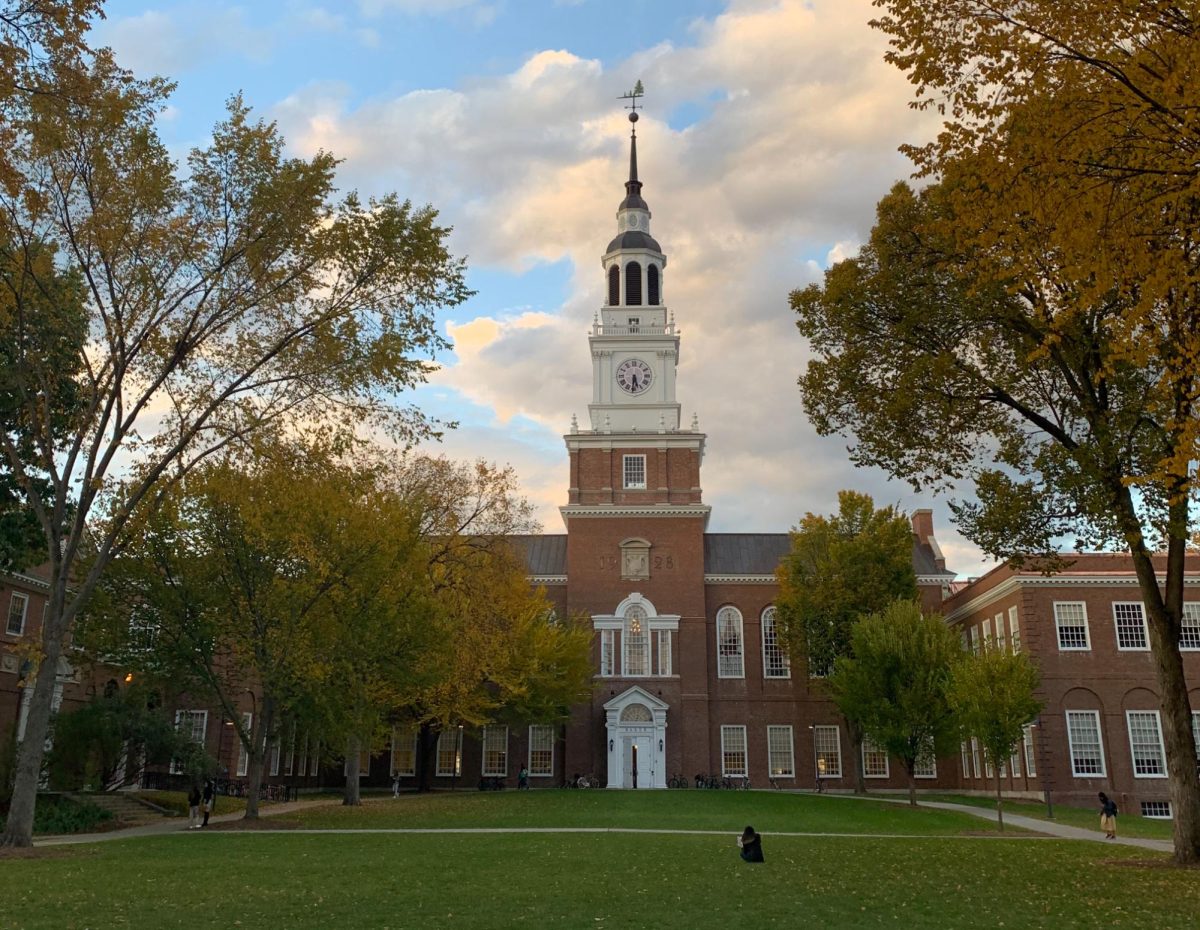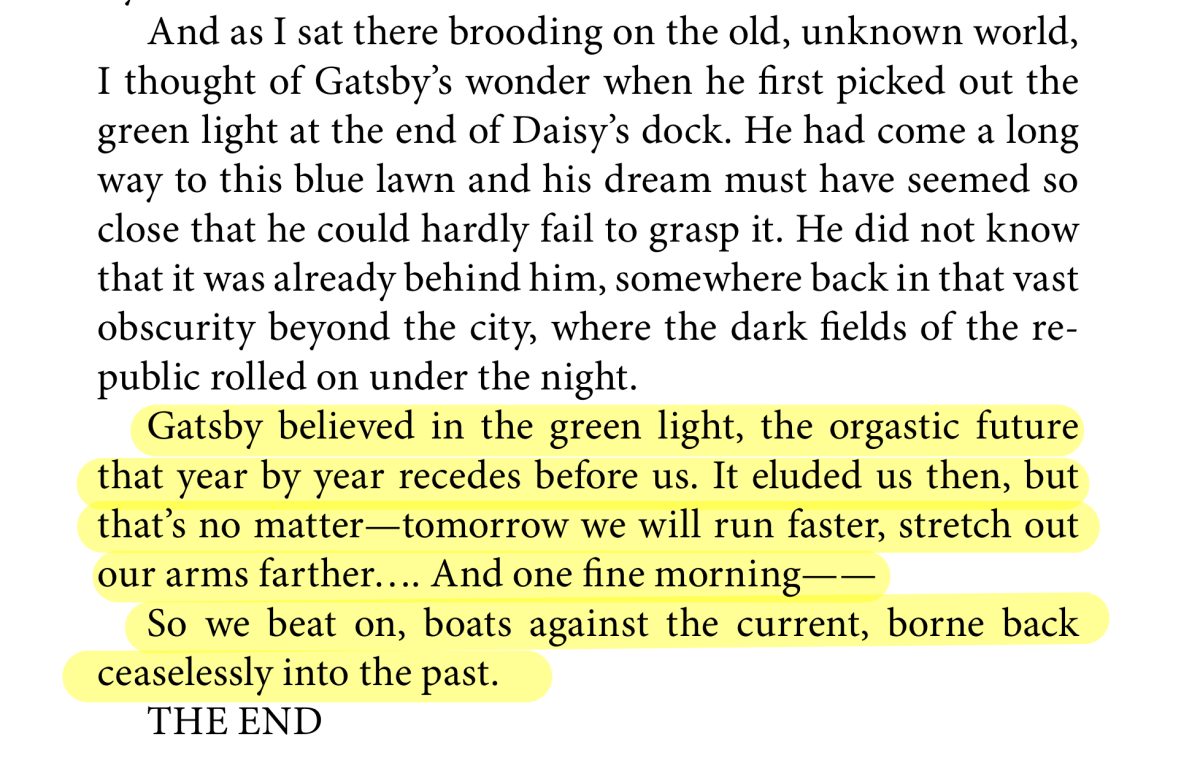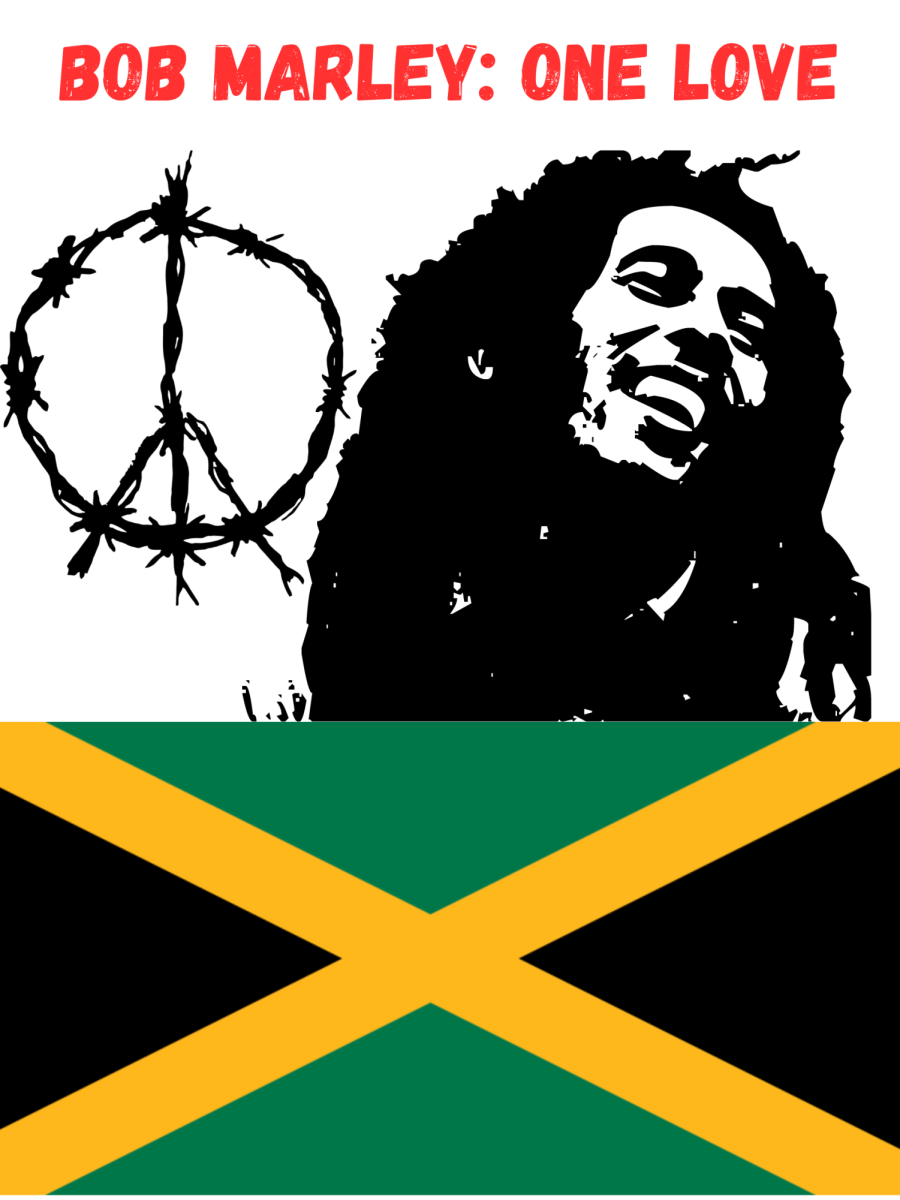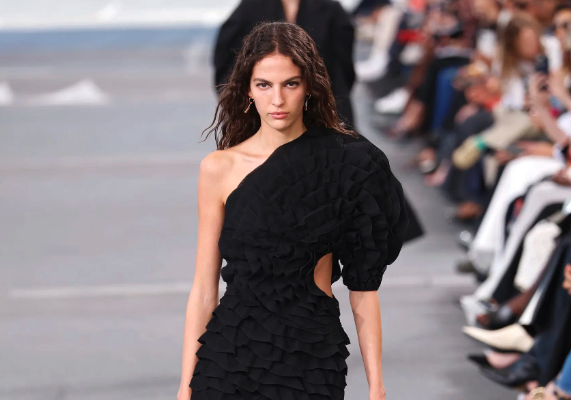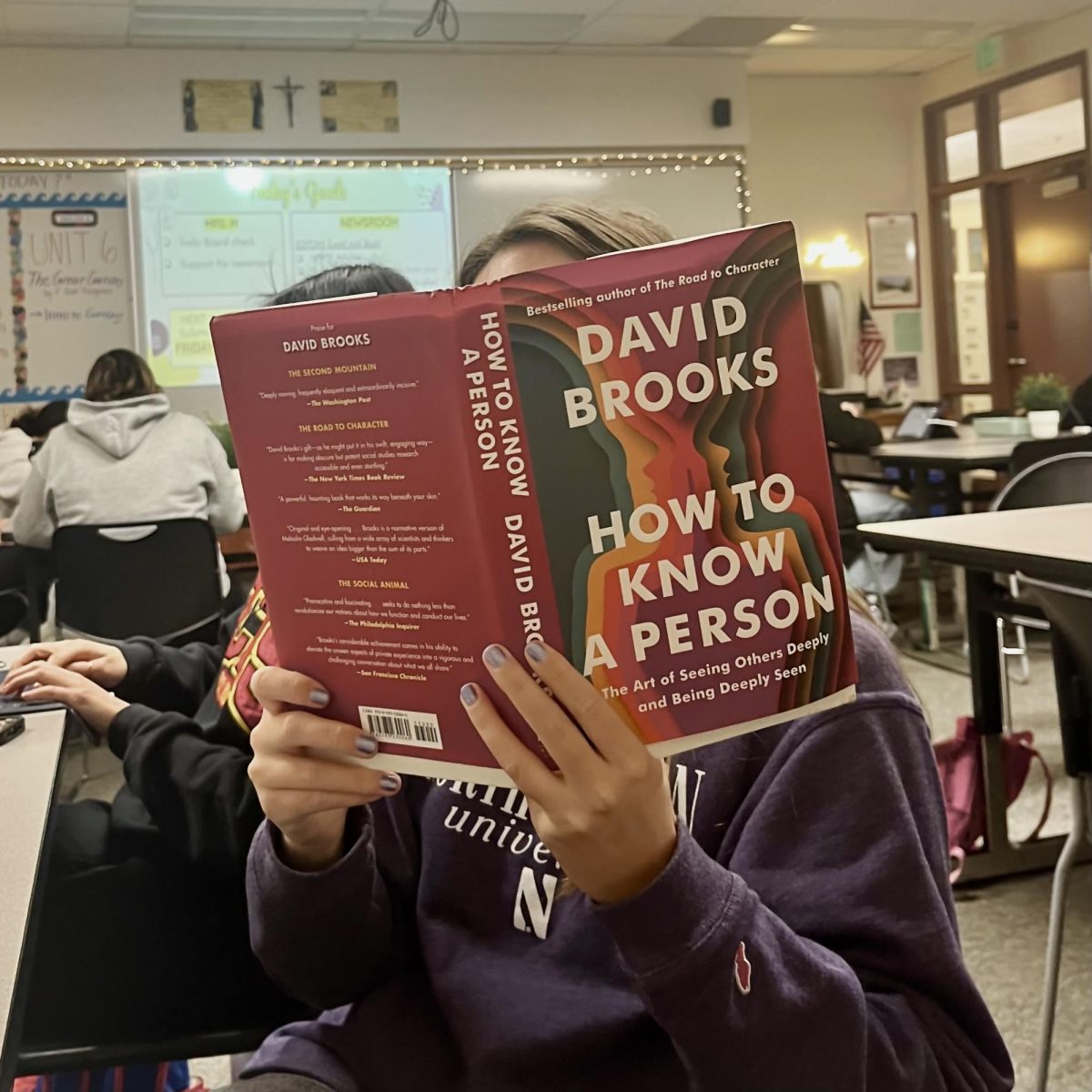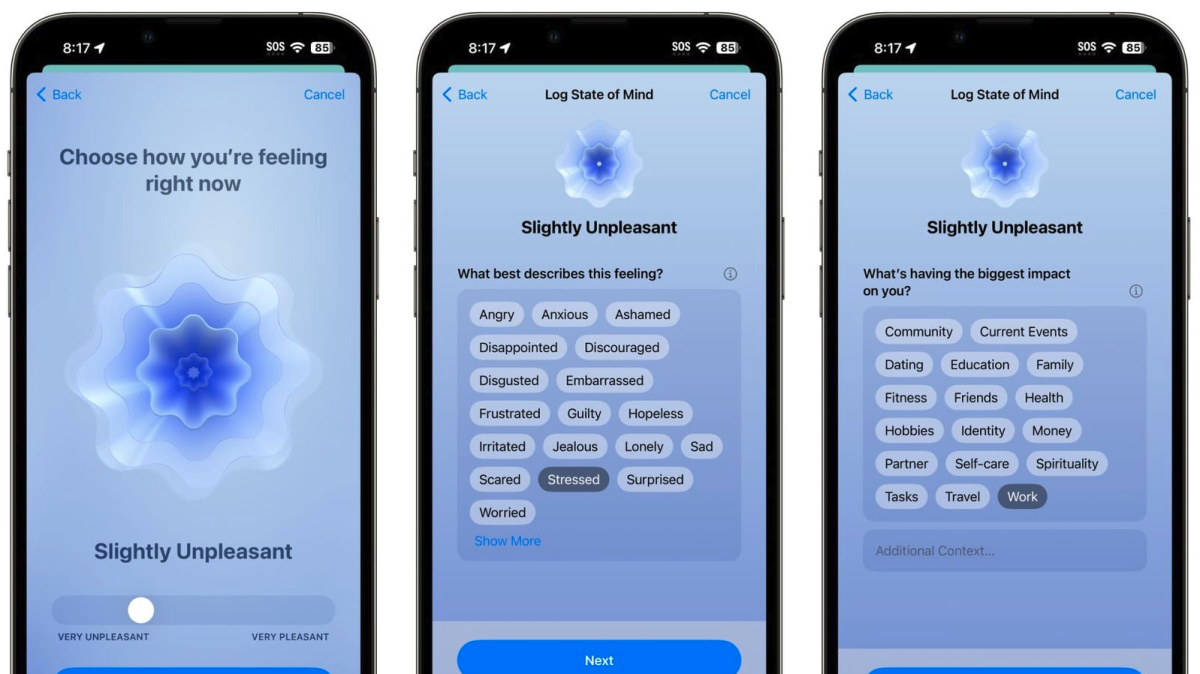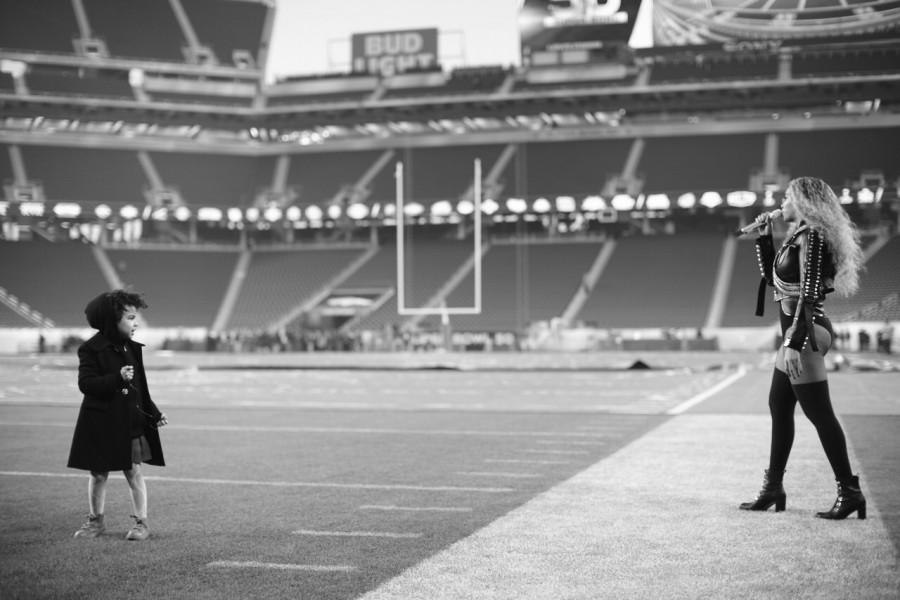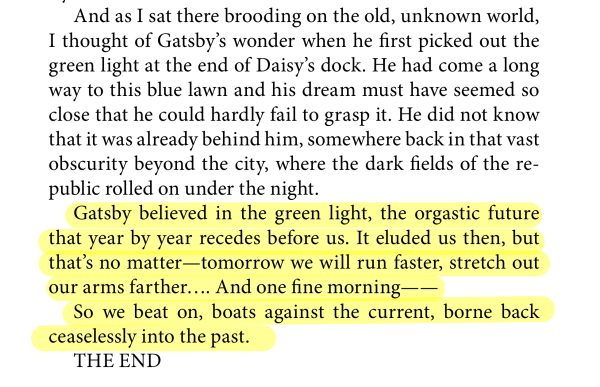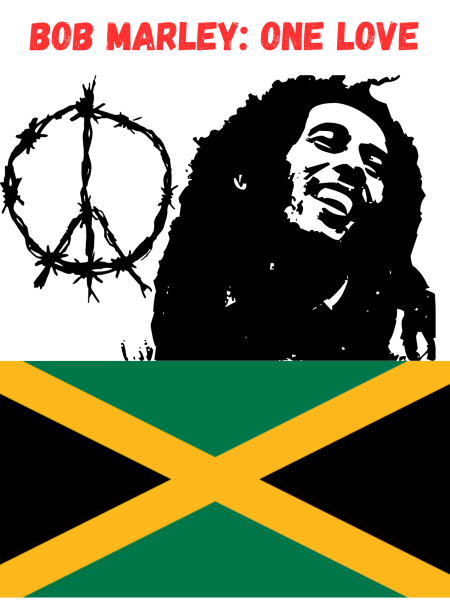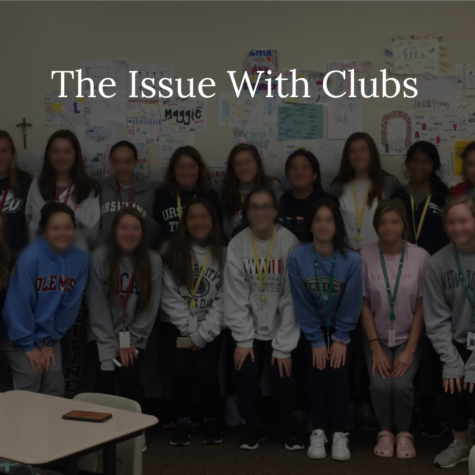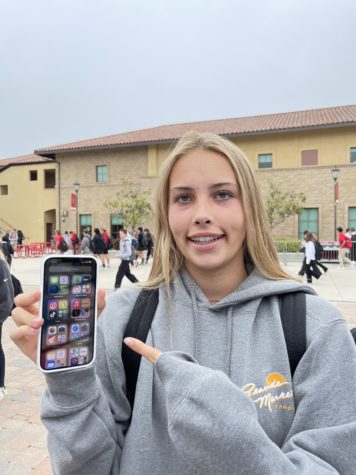Beyoncé’s powerful message sparks controversy and conversation
Beyoncé rehearses for her Super Bowl 50 halftime show, her second Super Bowl performance in her career, alongside her four-year-old daughter, Blue Ivy Carter.
February 16, 2016
Parading into the spotlight during the Super Bowl 50 halftime show, Beyoncé commanded attention in her infamous leotard ensemble. Accessorized with a bullet-adorned military jacket and a vest reminiscent of Michael Jackson’s costume from his 1993 performance at the Super Bowl, she sang the lyrics to her new single “Formation.”
And what does she say as 115.5 million people fix their eyes on their televisions?
“Okay ladies, now let’s get in formation / Prove to me you got some coordination / You just might be a black Bill Gates in the making.”
Beyoncé’s controversial performance at Super Bowl 50 stirred opinions across the internet and social sites, sparking conversation within households. People seemingly didn’t know what to make of her performance, and in the aftermath of it all, it seems like more and more people looked at her performance in outrage.
Yes, Beyoncé purposely projected a message to the millions watching her performance, using her platform as an artist communicate to her massive fanbase and others watching the Super Bowl. However, she effectively communicated a strong point to millions of Americans.
Beyoncé’s “Formation” single and the accompanying music video, which generated five million views within 24 hours of its release, touches upon the themes evident in the “Black Lives Matter” movement. We witness Beyoncé singing atop a sinking police car in New Orleans, a young boy dancing in front of police guards until the men surrender their hands up, and the phrase “stop shooting us” spray painted on a wall.
Choosing to perform her new single focusing solely on black people and their culture at the Super Bowl heightened Beyoncé’s status in the spotlight. As viewers or fans, we are tasked with deciphering this performance composed strictly of black women who “get in formation” in the shape of an arrow pointing to none other than Beyoncé, who projects a message that has now caused others to look at her with disrespect.
Beyoncé’s platform, which she has rightly earned the ability to utilize, comes from respect she has gained from being the woman who released her latest album without a prior publicity campaign. She is the woman listed at the top of Forbes’ “World’s Top-paid Entertainers” list, who topped Forbes’ “Celebrity 100” list in 2014, who fronts brands like Pepsi and appears on Vogue covers and who released an autobiographical HBO documentary. Plus, she is the woman known as a philanthropist from her BeyGood campaign.
None other than Beyoncé herself would be capable of executing such a feat, only then to release a teaser commercial announcing her Formation World Tour. She stands as the embodiment of today’s “modern feminist,” as she is one of few in Hollywood living out a committed relationship with her husband, Jay-Z Carter, of nearly eight years while also fulfilling her role as a working mother to her four-year-old daughter, Blue Ivy Carter.
Those now looking down on Beyoncé after hearing her at the Super Bowl or after watching her “Formation” music video do not truly understand what she successfully conveyed through her music. As an artist with such a massive following, Beyoncé has the right to create whatever form of art she chooses. Art should make us feel something, make us see something in a new way, stir our emotions and cause us to contemplate, all of which Beyoncé’s Super Bowl 50 performance and her latest single accomplished.
When has national television, or national sports for the sake of Sunday’s game, ever focused solely on the lives of blacks? Beyoncé called those lives into the spotlight, stirring uneasiness among a large sum of people.
Former New York Mayor Rudy Giuliani, known for his widespread enforcement of the controversial Stop and Frisk act, described Beyoncé’s performance as an “outrage” when he criticized the artist on Fox News.
“This is football, not Hollywood, and I thought it was really outrageous that she used it as a platform to attack police officers who are the people who protect her and protect us and keep us alive,” Giuliani said.
What Giuliani fails to recognize is that that the majority blacks in America do not see themselves as part of the “us” to which he has referred. According to CBS News, 84 percent of African-Americans think the police in most communities are more likely to use deadly force against a black person than a white person, while a majority of whites, 57 percent, think race is not a factor.
The majority of us are not familiar with this concept of being a minority in an intrinsically defensive position, given that the majority of the American population consists of whites. The U.S. Census estimates that 77.4 percent of the U.S. population is composed of whites in comparison to the 13.2 percent that constitutes the black population.
Here at Cathedral Catholic High School, the Western Association of Schools and Colleges & Western Catholic Education Association estimated that the student body had a 2/3 Caucasian majority, leaving the other 1/3 up to an undisclosed combination of Latino students, international students, students of mixed race, and African-American students.
Amidst race differences and the heated issues swirling in the media that focus on white police officers shooting black civilians and in the case of Sandra Bland, the issue Beyoncé tackled through her music only asks us to think about what has been occurring around us.
Following her halftime performance at Super Bowl 50, Beyoncé said to Entertainment Tonight correspondent Kevin Frazier that debuting her fresh track live was a personal accomplishment.
“It makes me proud,” Beyoncé said. “I wanted people to feel proud and have love for themselves.”
And why should we believe otherwise? We certainly do not have to be black to understand or appreciate the art Beyoncé presented us with; rather, we should talk about it as a one community, as Americans.
In the conclusion of “Formation,” Beyoncé continues to sing in her trap-style vocals, bridging the various topics brought up concerning black lives.
“Earned all this money but they never take the country out me / I got hot sauce in my bag, swag. / I dream it, I work hard, I grind ‘till I own it / I go hard. Get what’s mine. Take what’s mine.”
Regardless of our ethnicity, in the end, we all have dreams and opinions of equal value, which in most circumstances, we all have the potential to fulfill and make known.
Recall Lupita Nyong’o’s acceptance speech at the 2014 Academy Awards, where she won the Oscar for best-supporting actress for the movie “12 Years a Slave.”
“When I look down at this golden statue, may it remind me and every little child that no matter where you’re from, your dreams are valid,” Nyong’o said.
Today’s culture stands vastly different from that of the past. Coming from a society where blacks were treated with some demented form of “separate but equal” segregation, to a society where women and men of color have the opportunity to reign supreme at the Oscars, at the Grammys, and even in the White House.
Beyoncé started the conversation at the Super Bowl, and now it is our turn to continue it. Regardless of our opinions, Beyoncé made her point clear, and her point is just as valid as the next person’s. Whether we choose to accept her message or deny it, we cannot ignore her message that remains ever-prevalent in society today.
